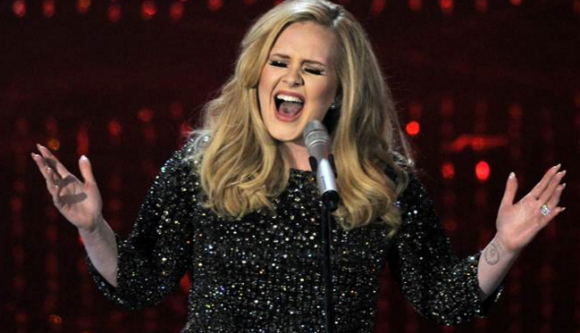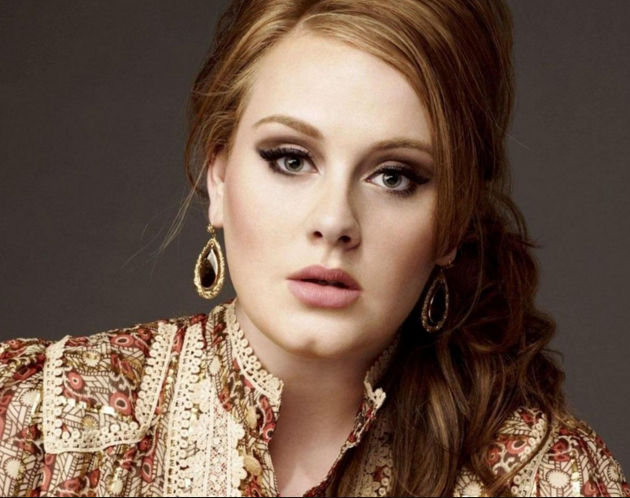 aNewDomain commentary — Confession: I’m a fan of Adele.
aNewDomain commentary — Confession: I’m a fan of Adele.
Not her music — somewhat like John Kerry, I’m not against it but I’m not for it either — but her decision to take a stand against giant predatory corporations that exploit artists.
Much like Taylor Swift did about a year ago, the British chanteuse is not releasing her latest album on the major streaming services like Spotify, Pandora and Apple Music. If you want “25” (and many critics say you might not really want it, as it breaks little new ground stylistically), you’ll have to download the songs for $1.29 each from the iTunes store or rock it (somewhat) old-school and buy the CD.
“Most artists have no choice but to opt for streaming and accede to the terms set by the services. But Adele, along with Taylor Swift and Beyoncé, are viewed as among the very few superstar acts with enough leverage to set the terms for how they want their music to be consumed,” notes The New York Times.
 “This is a minor issue for Adele, but a major issue for the streaming services,” Mark Mulligan, a digital media analyst with Midia Research, told the Times.
“This is a minor issue for Adele, but a major issue for the streaming services,” Mark Mulligan, a digital media analyst with Midia Research, told the Times.
“For two years running they’ve not had the biggest album of the year,” Mulligan said.
Beyoncé held out for a year before releasing her 2013 self-titled album to streamers.
The resistance of major musical artists like Adele and Swift is absolutely essential if creative people are to regain their footing against the vampire capitalists who have emerged since the rise of digital distribution. But there needs to be more of them. Spotify, for example, never made nice with Swift — and she’s still pissed.
“I found it really ironic that the multi-billion-dollar company reacted to criticism with humility [Apple], and the start-up with no cash flow reacted to criticism like a corporate machine,” said Swift in a jab at Spotify in August.
Payment terms are so ridiculously low that it is possible for performers to have major hits, with hundreds of thousands of listens on the big aggregation streaming services, that translate to nominal payments of a few hundred bucks or less.
This echoes what has happened to, for example, print journalism. Vampire capitalist Arianna Huffington lives in a mansion even while she insists that her writer-bloggers work for free, for the “exposure.”
Over at XM radio, it’s the same deal: many full-time satellite radio personalities receive zero payment, hoping to sell a few extra books to their listeners.
It’s probably too much to ask music fans to forego streaming services altogether: there’s just too much great music available at bargain rates to resist. But it’s unsustainable for artists, and discourages many people from going into the creative arts in the first place.
The only way this will change, short of government regulation, is for fans to support creative the old-fashioned way: by paying them for their work directly.
For aNewDomain and the new SkewedNews, I’m Ted Rall.
Inset image: Today.com, All Rights Reserved.













